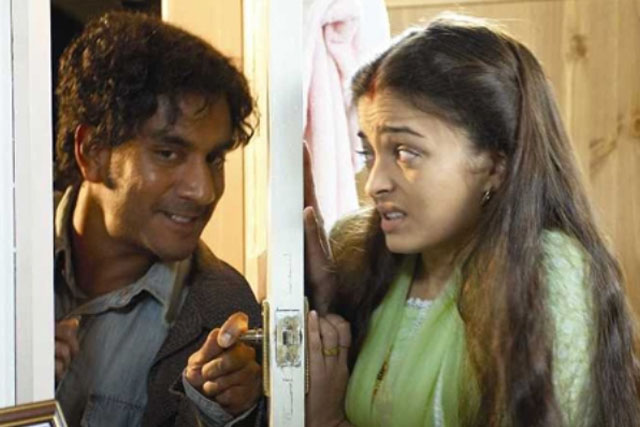“I came out of my husband’s jail and entered the jail of law. It is here where I found freedom.”
These were the words of a woman who endured ten years of an abusive marriage before setting her husband on fire. In celebration of International Women’s Day and Human Rights Day, the Gender Forum (GF) at the DUT hosted a screening of the movie Provoked in Room LC007, Steve Biko Campus Library Complex, on Friday, 27 March 2015.
The GF is a long standing non-profit organisation operating on the DUT campus. One of the main objectives of the organisation is to raise awareness about gender based violence and to provide advice and support to victims of this crime.
Based on a true story, the movie depicts the struggles of Kiranjit Ahluwalia, an Indian woman from Punjab, India, who relocated to the United Kingdom after an arranged marriage to her husband, Deepak. Ahluwalia had only met Deepak once before they were married and she could not have anticipated the series of events that would follow. For ten years, she stated that she suffered from domestic abuse including physical violence, food deprivation and marital rape.
After being threatened to have her ankles broken and her face burned by a hot iron by Deepak, Ahluwalia plotted revenge. In an interview after the manslaughter she said, “I decided to show him how much it hurt. At times I had tried to run away but he would catch me and beat me even harder. I decided to burn his feet so he couldn’t run after me. I wanted to give him a scar like those he had given me, to have him suffer pain as I had.”
Deepak sustained severe burns over forty percent of his body and died six days later in hospital from complications from his severe burn injuries and subsequent sepsis. Ahluwalia, who could only speak broken English at the time, was arrested and ultimately charged with murder.
Through the intervention of an under-funded social workers organisation called the Southall Black Sisters, her story received public attention through the organisation of rallies to gather support. Her case, known in British legal textbooks as R v Ahluwalia, changed the definition of the word ‘provocation’ in cases of battered women, so as to reclassify her crime as manslaughter instead of murder. The year of her appeal lead to the freeing of Emma Humphreys and Sarah Thornton, women who had suffered similar fates.
The DUT GF’s Public Relations and Marketing Co-ordinator, Kareeshma Gayaparsard, said: “We as the Gender Forum Executive Council felt it is our duty as ambassadors for gender equality and women’s rights to screen Provoked. We need to take a stand against gender violence, oppression and inequality. The movie depicts and reflects the theme of women abuse; physically, emotionally and mentally. It is known that women who are victims of abuse are silent on the matter and are afraid to speak up. We would like all women, both within and out of the DUT community to know that there are avenues they have to go to in the case of domestic abuse and they no longer need to keep silent. We want women to be empowered and know that we are here and we care”.
– Thobele Nzama
Pictured: A still from the movie Provoked which was screen recently at DUT by the University’s Gender Forum. Here, Kiranjit is trying to shield herself from Deepak, her abusive husband.


